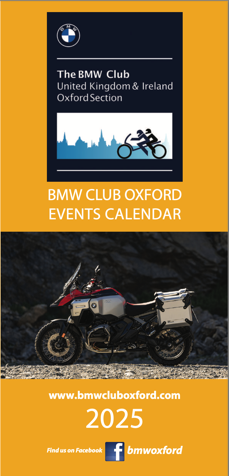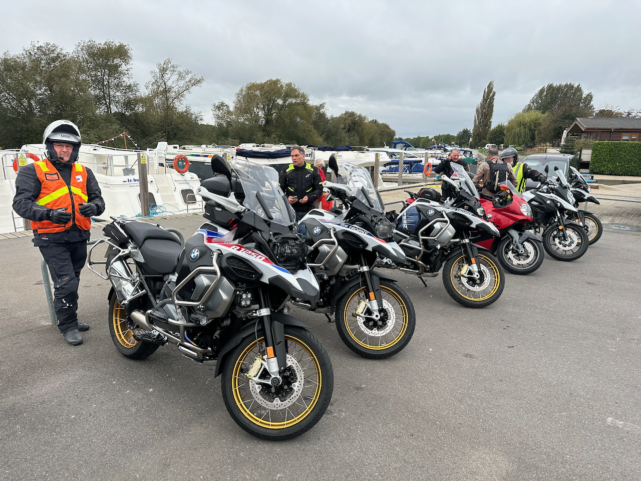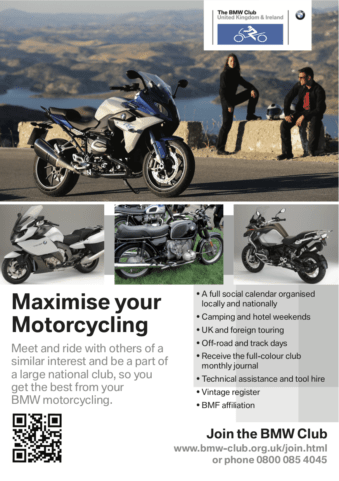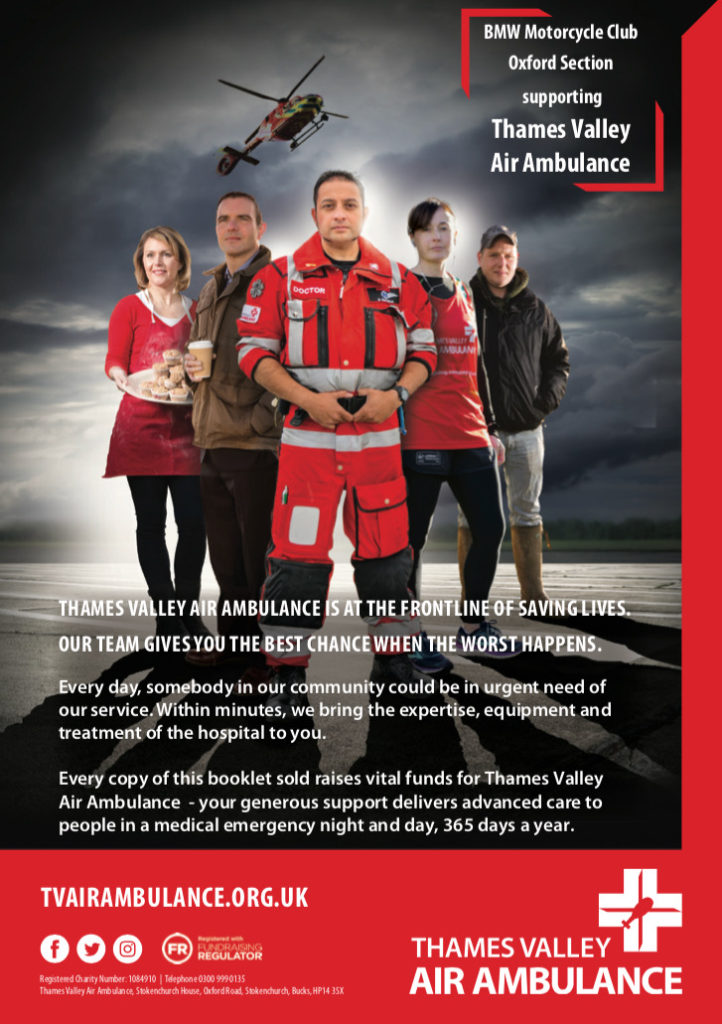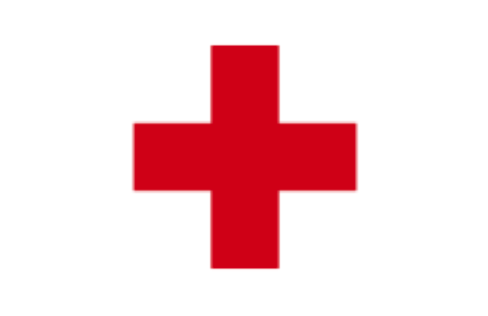
What should you do if you arrive first at the scene of an accident?
Hev Smith, a paramedic, gives some answers
Working for an Ambulance Service as a Paramedic gives great insight to the length and breadth of people’s behaviours when facing incidents that test their emotions; none more so than at Road Traffic Collisions (RTCs). It is amazing that this type of incident can sometimes engender great assistance and this short piece is to ensure that should you come across an RTC, that you are safe at all times, whilst still rendering the best aid possible to any injured party.
If you are unfortunate enough to be involved in or witness such an event, please remember at all times that the most important person at all times is YOU! Do not enter any incident scene where there is any possibility of danger to yourself or others. At all times you want to go home to your loved ones.
Firstly, ensure you place your vehicle in a safe place that won’t hinder the emergency services arriving or possibly contaminate any scene, particularly if there is a fatality, as you may find your vehicle impounded until all investigations are completed. If the incident is on a bend, your vehicle may be a great warning to other road users if you park considerately, before the bend and with hazard warning lights on. An extra person standing in a safe place may also be able to warn other road users visaully. Again, remember safety is paramount.
Do not clamber over or through vehicles until you are 100% sure they are stable. Please also note that air bags are secreted in multiple places on vehicles and once an accident has occurred they can be highly unstable. They are forceful enough to break a bone if you happen to be in the wrong place at the wrong time! Watch out for broken glass, trip hazards and sharp metal objects. Members of the public can also be hazardous, particularly if their own emotions are very high. Take note of the environment including the weather, time of day, location and remember human factors play highly on people’s reactions.
Prior to making any 999 call, check how many people are involved and, if you can, a rough idea on major injuries. That will give the Emergency Operations Centre (EOC) a good grasp on the situation, how much and what type of resource needs to be sent.
Treatments can range from simple reassurance to controlling a major haemorrhage or even performing CPR and I would highly recommend a first aid course of some description. This will give you confidence and tools in dealing with any life threatening emergency that you can use in any environment.
Although specific treatments will not be discussed here, there are simple techniques that will save life. Keeping an airway open on a breathing but maybe unconscious person will give them some chance of survival. This is performed by a two finger chin lift or a jaw thrust (in the case of a possible spinal injury). The control of gross bleeding will be by direct pressure using simple dressings or clean fabric to protect the site from further infection. At worst, CPR may be required. At all times, the EOC will stay on the line with you and guide you – you only need ask.
A calm, reassuring countenance always works wonders. People will listen and respond to you more easily with a gentle, authoritative voice where simple instructions become easy to follow. As soon as any of the emergency services arrive, please make yourself known to them and advise of your actions and future plans. They may ask you to carry on helping, if you are able to. However, please do not be offended if they offer you a polite thank you and ask you to move on. The amount of resource that may be arriving can often need the whole road area adjacent to an incident.
Following any incident attended, take time for yourself to reflect on what has just happened and be aware that immediately after the event you may not have any strong emotions. Once any naturally occurring adrenaline has left your body, you may find that your emotions will be quite strong. This is normal for up to 3 to 4 days dependent upon the incident. However, after 3 to 4 days, difficulties in sleeping, waking nightmares or mood swings, may need the assistance of your GP. Please do not suffer in silence.
I hope that his has helped a little in giving you some direction on what to do, but again a simple first aid course or short seminar will be really beneficial.
(In addition to being a paramedic, Hev is also the organiser of the Thames Vale Advanced Motorcycle club Training Team)
Originally posted 2020-03-25 22:23:18.



